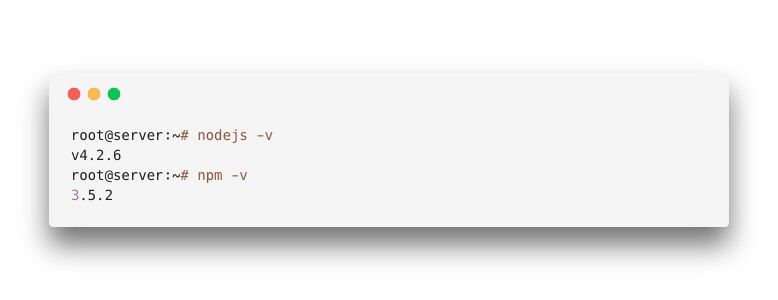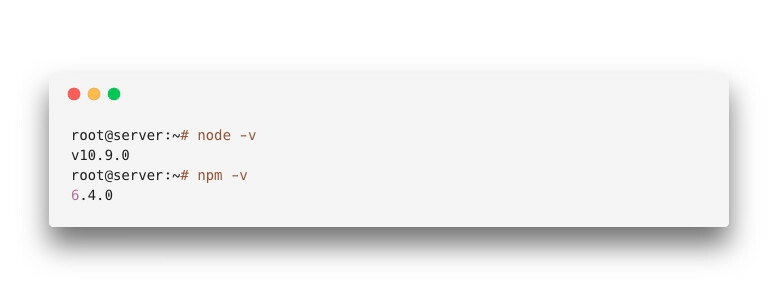Firstly you need to install available versions of nodejs and npm packages.
You can get a binary installer for your system from downloads page. Or via your system's package manager.
Example for Linux Debian/Ubuntu:
sudo apt install nodejs npm -y
Installing from sources example:
VERSION=14.5.0
UNAME=$(uname -m)
wget https://nodejs.org/dist/v$VERSION/node-v$VERSION-linux-$UNAME.tar.gz
tar -xzf node-v$VERSION-linux-$UNAME.tar.gz node-v$VERSION-linux-$UNAME
cp -R node-v$VERSION-linux-$UNAME/ /usr/local/
rm -rf node-v$VERSION-linux-$UNAME/ node-v$VERSION-linux-$UNAME.tar.gz

Upgrade Node
When you have any version of npm, you can install and use package n that will help you install the latest or any other version of Node.js interpreter.
sudo npm i -g n
n latest
This way you can install any version of node by n .
# numeric version [v]x[.y[.z]]
n 10.16.0
n 8
n v6.1
# with labels
n lts
n latest
n current
Upgrade NPM
Then install the latest version of NPM.
sudo npm i -g npm@latest
Restart shell session to reinit linked libraries.

Install Yarn
If you use Yarn as package manager instead of NPM, there are many ways to install it.
If you have already installed npm, use the following command to get Yarn.
sudo npm i -g yarn@latest
You can call this command anytime to upgrade Yarn.
